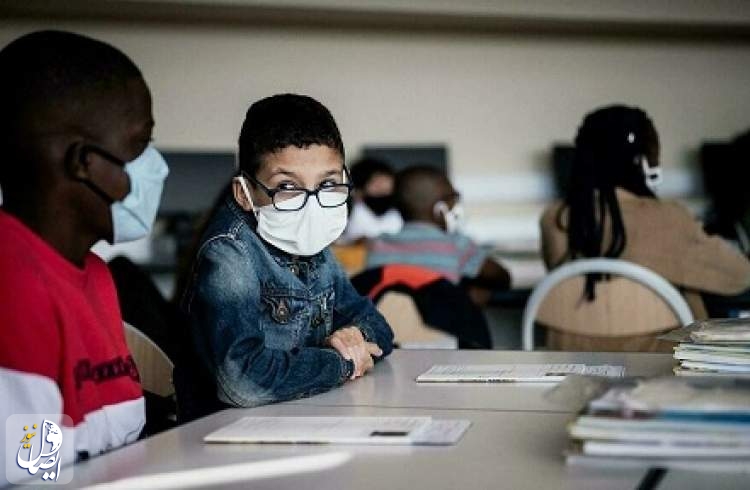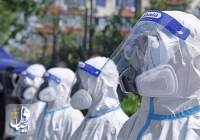With Covid-19 cases skyrocketing among children in France, Prime Minister Jean Castex took to the airwaves Monday night to relax the school protocol, once again. Teachers across the country were already livid over the government's pandemic response and have planned a massive strike for Thursday. The new instructions – the third set since children returned to school January 3 after the holidays – have not calmed the teachers' ire. Au contraire.
- The signing ceremony of bilateral cooperation documents between Iran and Venezuela was held
- Ukraine says it has proof Russia was behind dam blast
- Chinese warship crossed in front of a U.S. destroyer in the sensitive waterway
- Russia’s Prigozhin claims complete capture of Bakhmut
- Blasts rock Russia-annexed Crimea
- World’s highest railway bridge to open in Kashmir soon
- Russian, Chinese, Iranian drills contribute to regional security
- Ex-student shoots dead 3 children, 3 adults at Tennessee Christian school
- Australia to buy as many as five nuclear subs from United States
- Paris shooting suspect has a ‘pathological hatred of foreigners’








